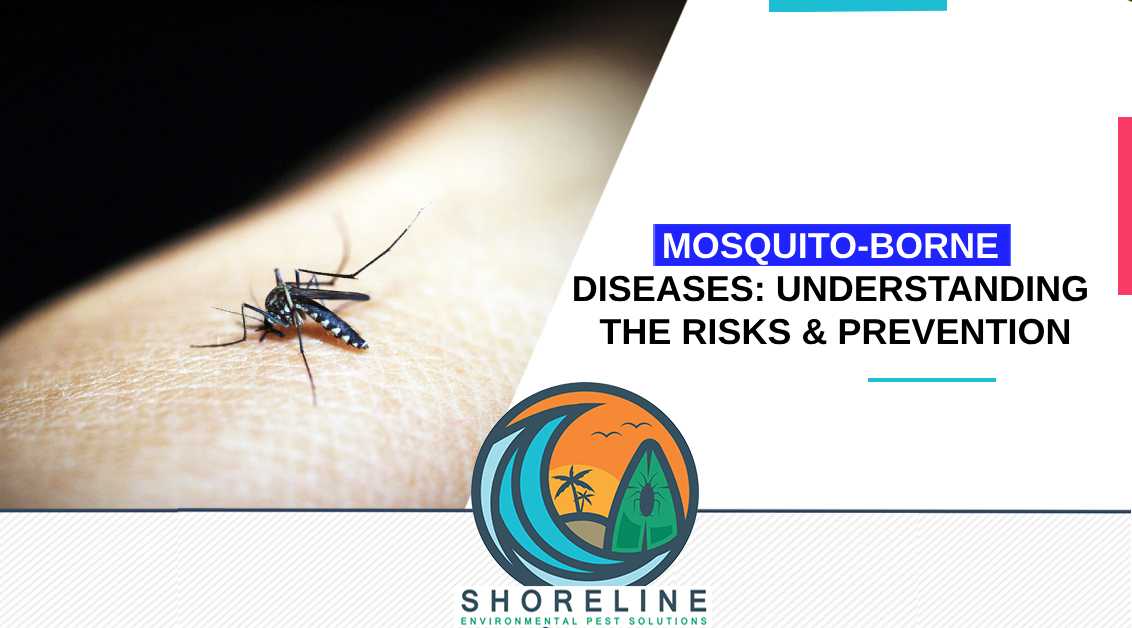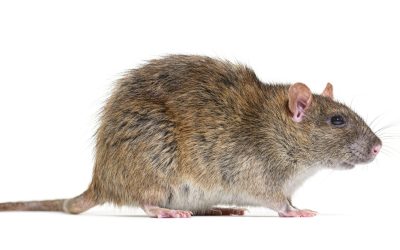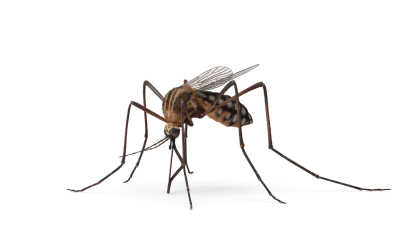Mosquitoes may be small, but they greatly impact global health. These buzzing insects are not just a summertime nuisance but also responsible for transmitting some of the world’s most dangerous diseases. In this guide, we’ll delve into the world of mosquito-borne diseases, understand their risks, and explore effective prevention strategies. By the end of this journey, you’ll be armed with knowledge to protect yourself and your loved ones from these tiny but formidable foes.
The Most Common Mosquito-Borne Diseases
Mosquitoes are not equal-opportunity biters. Some species are more proficient at transmitting diseases than others. Here are some of the most common mosquito-borne diseases and their impact:
- Malaria: This ancient disease affects millions worldwide and can be fatal without prompt treatment. It’s caused by parasites transmitted through the bite of infected Anopheles mosquitoes.
- Zika: Zika virus can lead to severe birth defects in babies born to infected mothers. Aedes mosquitoes primarily spread it and has gained international attention in recent years.
- Dengue: Transmitted by Aedes mosquitoes, dengue fever can range from mild to life-threatening. It’s a leading cause of illness and death in tropical and subtropical regions.
- West Nile Virus: Found in various mosquito species, this virus can cause serious neurological illnesses in humans.
- Chikungunya: While not often fatal, this disease can cause debilitating joint pain and fever. Aedes mosquitoes transmit it.
Mosquitoes as Disease Vectors
Understanding the connection between mosquitoes and diseases is vital. Mosquitoes act as carriers (vectors) of these diseases, serving as vehicles for the pathogens.
Mosquitoes have a fascinating life cycle. Female mosquitoes lay their eggs in stagnant water and hatch into larvae. These larvae mature into pupae and eventually emerge as adult mosquitoes. During this process, they can become infected with disease-causing pathogens that transmit when they bite humans or animals.
Geographic Distribution and Risk Factors
Mosquito-borne diseases have a significant geographical impact. Factors such as climate, environmental conditions, and human behavior contribute to their prevalence. Some key points include:
- Climate Change: Rising temperatures can expand the geographic range of disease-carrying mosquitoes, exposing new populations to the risk of infection.
- Globalization: Increased travel and trade facilitate the spread of diseases to new regions.
- Socioeconomic Factors: Poverty and lack of access to healthcare can exacerbate the impact of mosquito-borne diseases.
Health Impacts and Symptoms
Each mosquito-borne disease has its own set of symptoms and health impacts. Understanding these can help with early detection and treatment. Here’s a brief overview:
- Malaria: Symptoms can range from flu-like to severe, including fever, chills, and organ failure.
- Zika: Symptoms may include fever, rash, joint pain, and red eyes. In pregnant women, it can lead to birth defects.
- Dengue: Symptoms include high fever, severe headache, joint and muscle pain, bleeding, and a rash.
- West Nile Virus: Most people infected have no symptoms, but severe cases can lead to neurological issues.
- Chikungunya: Symptoms include fever and joint pain, which can be long-lasting.
Prevention Strategies
Thankfully, there are effective ways to prevent mosquito-borne diseases. These strategies include:
- Mosquito Repellents: Use EPA-approved repellents containing DEET, picaridin, or oil of lemon eucalyptus.
- Bed Nets: Sleeping under insecticide-treated bed nets can provide protection in malaria-prone areas.
- Vaccination: For some diseases like yellow fever, vaccines are available.
- Mosquito Control: Eliminating breeding sites by emptying standing water containers can reduce mosquito populations.
Professionals in pest control play a crucial role in preventing mosquito infestations. They bring expertise, tools, and strategies to the table that can effectively manage mosquito populations in both residential and commercial settings. This section will delve into:
- The Role of Pest Control Experts: Discuss how professionals assess properties for potential mosquito breeding grounds and implement targeted solutions.
- Tailored Treatment Plans: Highlight the importance of customized treatment plans designed to address specific mosquito issues.
- Long-Lasting Relief: Explain how professional treatments can provide extended protection, ensuring sustained mosquito control.
- Peace of Mind: Emphasize the value of hiring experts, allowing homeowners and businesses to enjoy outdoor spaces without the constant threat of mosquito nuisances.
By incorporating this section into the outline, you’ll provide readers with a comprehensive understanding of how professional pest control services can be a valuable tool in preventing mosquito infestations.
Mosquito-borne diseases are a global health challenge, but with knowledge and the right prevention measures, we can significantly reduce the risk of infection. By understanding the diseases, their vectors, and how to protect ourselves and our communities, we can progress in the ongoing battle against these tiny but formidable adversaries. Remember, prevention is key; together, we can minimize the impact of mosquito-borne diseases globally.





0 Comments